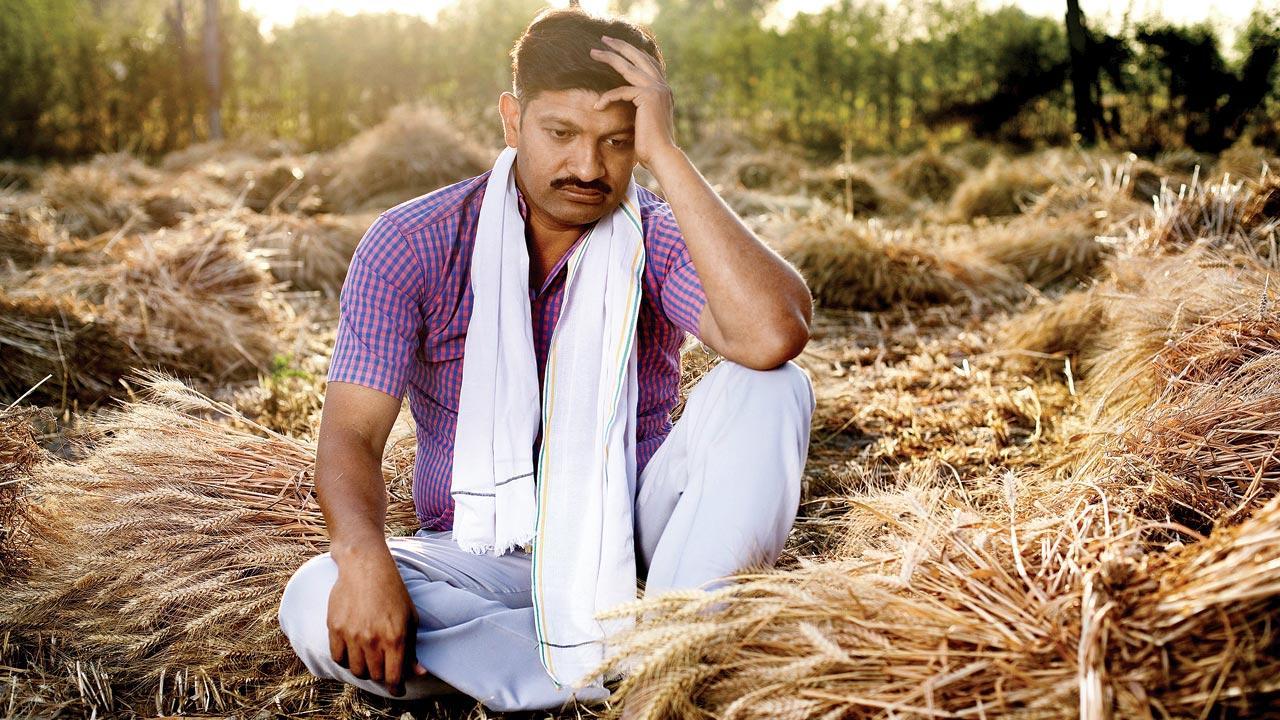Happiness is a state of mind
Updated On: 23 March, 2024 03:51 AM IST | Mumbai | Lindsay Pereira
The World Happiness Report 2023 doesn’t take into account the many amazing things that are making millions of Indians smile

We have a Happiness score of 4.036, classifying our beloved nation as one of the world’s least joyful. Representation pic
 The World Happiness Report 2023 was published a few weeks ago, and I was as surprised to read it this time as I have over the past couple of years. My surprise stemmed from the fact that the world’s most amazing country—India, for those of you who haven’t been paying attention—is currently positioned at 126 out of 146 countries. How was this possible, I asked myself, looking up to see nothing but smiling faces all around. I couldn’t recall the last time I saw an Indian person without a smile on his or her face, so this made no sense at all. Still, with my commitment to research, I read on.
The World Happiness Report 2023 was published a few weeks ago, and I was as surprised to read it this time as I have over the past couple of years. My surprise stemmed from the fact that the world’s most amazing country—India, for those of you who haven’t been paying attention—is currently positioned at 126 out of 146 countries. How was this possible, I asked myself, looking up to see nothing but smiling faces all around. I couldn’t recall the last time I saw an Indian person without a smile on his or her face, so this made no sense at all. Still, with my commitment to research, I read on.
We have a Happiness score of 4.036, apparently, classifying our beloved nation as one of the world’s least joyful. More surprisingly, we rank lower than our neighbours Bangladesh, Nepal and China. I almost threw the report away in disgust at that point, because it was obvious that the whole thing was fictional.



